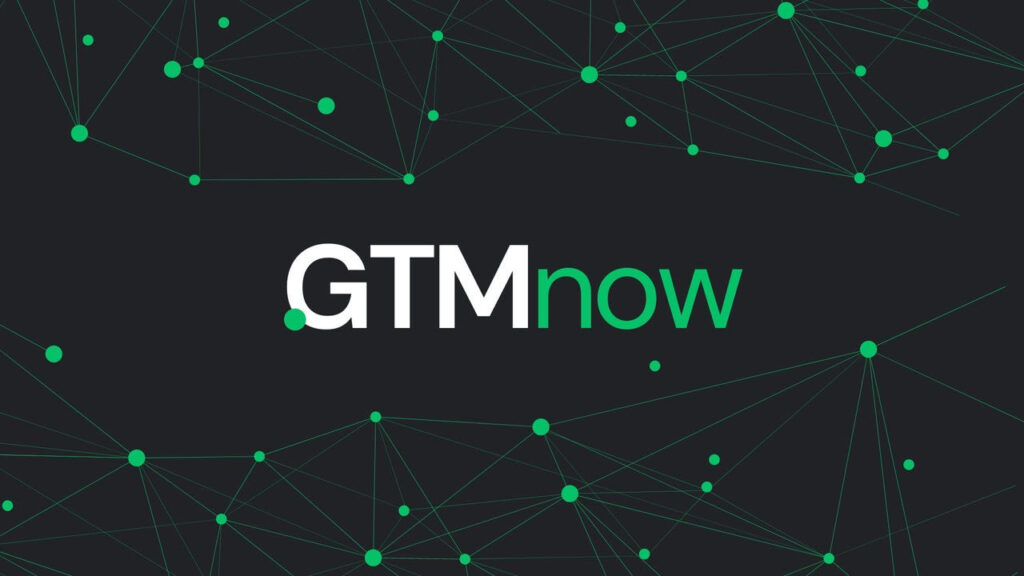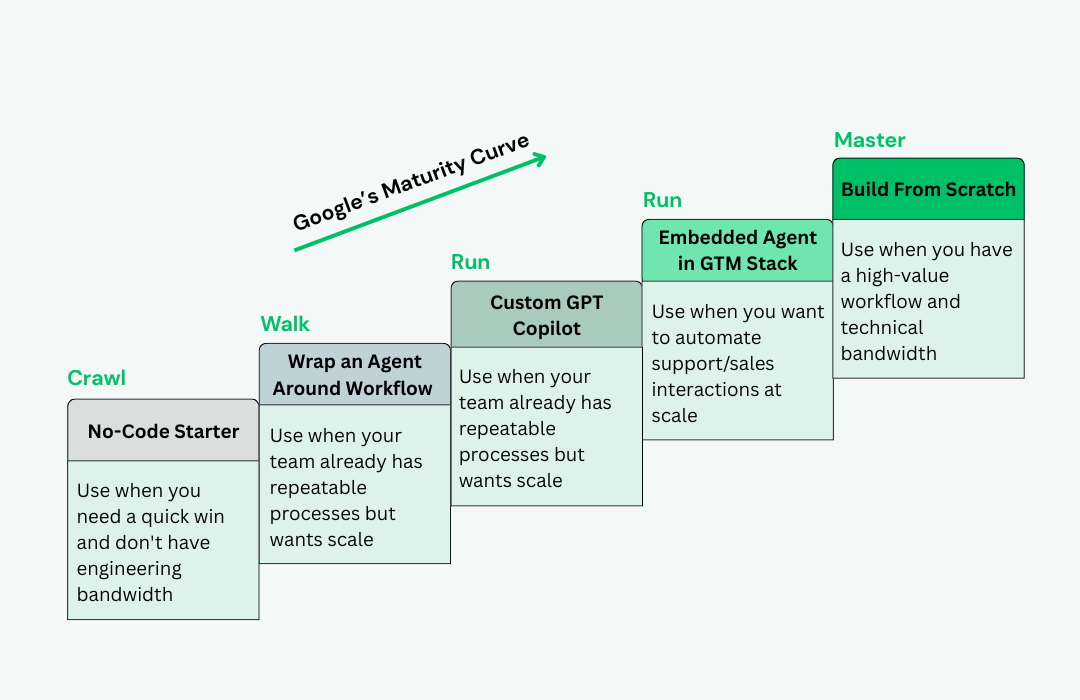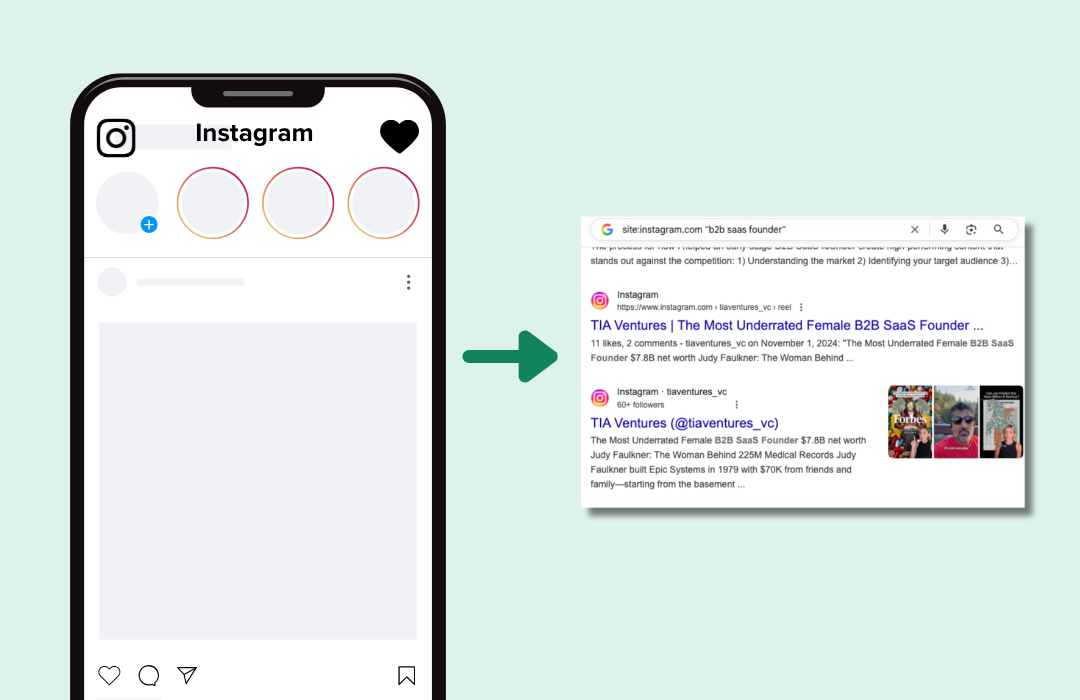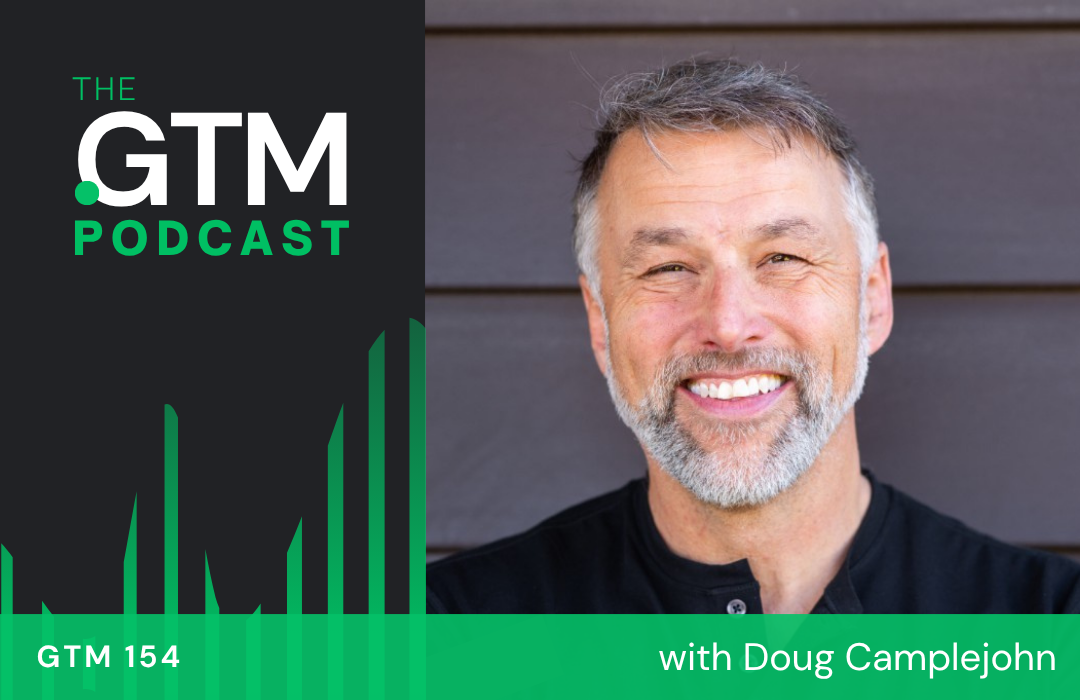This week on the Sales Hacker podcast, we speak with Todd Abbott, the President and COO of InsightSquared.
Todd and I discuss the reasons that we’re all running our forecasting and funnel and pipeline reviews in the wrong way because we’re reliant on reps inputting manual data. What we really need to do is find systems that automate the input of data so that we can spend our time coaching reps and really guiding them to better performance. InsightSquared sells a solution that does that.
If you missed episode 102, check it out here: PODCAST 102: How to Build and Scale Marketing Organizations with Elissa Fink.
What You’ll Learn
- Why you’re doing funnel reviews completely wrong (and how to fix it)
- The essential function of RevOps
- Why the tenure of CROs is declining
- How InsightSquared is adapting to Coronavirus — and Sales Hacker, too
Subscribe to the Sales Hacker Podcast
Show Agenda and Timestamps
- Show Introduction [00:04]
- About Todd Abbott & InsightSquared [2:03]
- Funnel Reviews [4:38]
- Predictors of Success [16:26]
- Revenue Operations Function [21:39]
- Declining Tenure of CROs [26:24]
- Coronavirus Response [37:14]
- Sam’s Corner [45:36]
Show Introduction [00:04]
Sam Jacobs: Hey everybody, it’s the Sales Hacker Podcast, and your host Sam Jacobs. Hope you’re doing well out there. Today’s episode is from a virtual offsite that the Revenue Collective did, back on March 10th. We were originally going to have an in person event, but like everything in the world it got upended by Coronavirus, so we transitioned into a virtual event. We interviewed the President and COO of InsightSquared, Todd Abbott.
Todd and I discuss the reasons that we’re all running our forecasting and pipeline and funnel reviews in the wrong way because we’re reliant on reps inputting manual data. What we really need to do is find systems that automate the input of data so that we can spend our time coaching reps and really guiding them to better performance.
InsightSquared sells a solution that does that. They were a sponsor of our event.
Now before we get to the interview, we want to thank our sponsor. Our sponsor is Outreach, the leading sales engagement platform that enables sales reps to humanize their communications at scale, from automating the soul-sucking manual work that eats up selling time to providing action-oriented tips on what communications are working best. Outreach has your back.
Now, without further ado, let’s listen to this interview with Todd Abbott.
About Todd Abbott & InsightSquared [2:03]
Sam Jacobs: I’m delighted to have with me today Todd Abbott, president and chief operating officer of InsightSquared. He’s a seasoned sales and marketing executive who’s led both large and small multinational organizations, including six years living and leading teams abroad in both Asia and Europe. He’s got experience at Cisco, Avaya and Mitel. Todd brings a unique perspective to the acquired partnership between the sales, marketing, and customer service experiences and the drivers behind revenue operations. Tell us a little bit about the organization, and then your role.
Todd Abbott: Yeah, so it’s a company that’s been around for about 9 1/2 years. It started as a business intelligence tool to front end Salesforce to get the data out of it for sales leaders to understand what’s going on in their funnel, to be able to manage the funnel development process. I was a three time customer, I moved from a large company to a small and in large companies we have big sales ops staffs that do big data dumps that got me everything I needed, but what InsightSquared does is eliminates that need by giving you all of the reporting you need out of the box. And the beauty is that it’s a very simple user interface that enables each sales leader within a function.
Funnel Reviews [4:38]
Sam Jacobs: We’re going to dive into funnel reviews because I know you have some great insights there. But let’s start a little bit at the beginning just so we can contextualize your background and your expertise.
Todd Abbott: I started as a big company. I ran a school joining IBM that’s where I kind of learned the sales trait. Then I got on this track of doing transitions, transformations, if you will. Companies that really were either modifying their go to markets or just trying to change their culture or had stalled, and so I’ve been doing a bunch of transformations of companies. Taking the disciplines I learned at Cisco about sales process, and sales management sales, and translating it into different industries.
Sam Jacobs: When you say transformation, what are the key tenets? How do you transform an organization?
Todd Abbott: Typically, companies that have kind of hit a stall or are really just trying to change their business model. The big aspect of taking a strategy is leveraging your skill sets as a company, figuring out where you want to go to, and then how you get there. It’s typically a two- to three-year process that requires strategy change, process change, and culture change. It’s really about trying to take a business that’s stalled or struggling and moving it into a growth phase.
The hardest part is helping people understand why we were great, why we’re not going to be great if we keep doing things the way we’re going. Here is the vision on how we have to change and why — because if you get people to understand why we’re changing, and they buy in intellectually and emotionally, then you can empower them to realign to the new definition of great.
Sam Jacobs: To the point of what you’re doing at InsightSquared, one of the things that you have a lot of enthusiasm for is how we’re doing pipeline reviews and funnels reviews completely wrong. Tell us what you mean by that.
Todd Abbott: Every time I’ve had an opportunity to do some thought, step back from the daily grind of being an operating executive, what became very clear to me is that we’re reliant on what the rep puts in CRM. And our CRM systems were never designed for the rep. They’re not territory management systems. Their UIs are difficult, it’s very time consuming for them to update opportunities.
I’ve tried the carrot approach, the stick approach, to get reps to give me the data, and even if I was successful, I would still only get a very small subset of what they’re actually doing. So we’ve been devoid of the data to really provide great analytics as to what are my top 10-20% reps really doing. And how do I replicate that in the other 80%? If you don’t have the data, then what’s happening in funnel reviews is managers are just spending the one on one sorting through the data to try to figure out what’s real, what’s not, and having frustrating conversations with reps. It’s more a data cleansing process versus what the final review is always intended to do: coach the reps on sales execution. We’ve got to fundamentally change the model.
Sam Jacobs: So how do we get the data? What should we do?
Todd Abbott: There’s great technology out there now to be able to intercept emails and meetings and file shares that we can literally take the vast majority of the administrative burden off the rep. And once you have that data, and with an easy front end to be able to mask the difficult interface of your CRM system, now I can provide analytics to that rep and to that manager and prompt them to take sales actions, interject tactics, do data cleanup on a daily basis. So it’s not a once a month process and I now walk into a funnel review with a totally different data set and with machine learning assisted guidance to know what to focus on and what not.
How do you sort through that mess so that I, as a manager, can truly understand what I have in my funnel, where I can coach and most importantly, what to forecast? I’ve just got to get what I need to forecast because my job tenure is based on that. The CRO’s tenure right now is about 18 months. So I’ve got to get the data in the system to start doing analytics, to clean up this funnel process so I can ultimately forecast.
Predictors of Success [16:26]
Sam Jacobs: When we look at top reps, at least on this sales development side, they’re often not the people that are sending the most emails, or making the most phone calls. They’re just doing a lot more research and personalization. Have you found any interesting insights around predictors of success based on the data that you have at InsightSquared that you can share with the audience?
Todd Abbott: Most of us have come from a world where you want to hire the best people. In reality, if you put a sales process in place, and you really understand what great looks like, you can take a team of B players and outperform a team that has a typical bell curve of some really star performers and some mediocres. As the sales cycles have gotten shorter with the SAS solution sets, it’s really about the process versus the superstars. We have found that the number one indicator of the health on the deal is the level of activity.
It’s not just numbers of emails, it’s also types of activities, and it’s actually the engagement between the customer. I had a customer who had a 90-day sales cycle, and what they identified through the activity analytics is that the best reps, the top 15%, they were cutting deals after four months, because they recognized intuitively. And then if you looked at the next 80%, they had deals that were out there four months, five months, and actually the lower you went from a performance standpoint, the longer the tail of deals because the most struggling reps are the last ones that want to give a deal up.
If I know that as a management team, I can see what types of activities actually need to take place at the 60-day mark, those just don’t wait till the 90-day mark, the profile of activities, the type of activities, the engagement, you can start to get really early indicators as to the health of a deal for your coaching, and to know is your funnel building with the right level of quality to be able to translate to your forecast.
Revenue Operations Function [21:39]
Sam Jacobs: So, revenue operations. What does it mean? In your mind, a Tier A revenue operations function, what are the things that it does?
Todd Abbott: Having each function, marketing having its own marketing ops function, and sales having its own sales ops function, has worked really well in the B2B world when you had sales cycles that were six months, 12 months, 18 months. As the sales cycles have come down, the demand for quality leads into the sales process to be able to meet my monthly or quarterly objectives has become much more critical. What might have been tolerable in different definitions of MQLs, that friction can’t be tolerated in a SaaS world where you’ve got so much in period business that needs to be identified and closed. RevOps is having one set of ownerships of what’s the tool stack across that production line. You’ve got to look at the journey of that customer from lead to renewal, and how do you break down that communication and teamwork across all your functions and interfacing to that process?
The first thing to do is have one common strategy on the tech stack, one common strategy on the definitions of the handoffs, one common strategy on the measurement of that production line. With this sales process condensing to a shorter period, we’re now faced with the need to have a highly efficient process from marketing all the way through to renewal, and so RevOps is the recognition of that.
Sam Jacobs: That’s the point of a great RevOps function — one set of numbers, one set of definitions, one common language with which to report out to the organization.
Todd Abbott: And one common tool stack to report it. I literally just had a meeting with my RevOps leader earlier this week, because there was some friction on some elements and my guidance to him is, Hey mate, you own that. Friction is a lack of execution on optimizing how well we’re operating across the functions.
RELATED: Building A Strong Foundation: 3 Priority RevOps Projects
Declining Tenure of CROs [26:24]
Sam Jacobs: One of the things you’ve talked about is an obsession with this notion of declining tenure. Tell us what you think is driving it and how more CROs can make that leap to counteract the declining lifespan?
Todd Abbott: Why is this lifecycle the CRO where if a business is struggling, oftentimes shooting the CRO is the CEO’s path to lasting another six months? What fundamentally I’ve concluded is that most CEOs, and most CFOs, don’t understand the sales process, and we’ve done ourselves a disservice as a function by not having a sales process with those same metrics to be able to identify when we’re missing.
If I have this analytics to be able to say, hey, the quality of my funnel is different today than it was at the start of last quarter. That’s an alert, I need to know that early. Let’s look at the process and be able to give them the visibility ahead of time. The analytics and the analysis and the insights gives the CRO the ability to take control of the company’s execution because we’re always so dependent upon so many other functions in the company.
I’ve always taken it upon myself to really help the other functions understand the cause and effect of lack of alignment. The hardest thing is, frankly, to drive influence horizontally, and so I’ve tried in my career to help people understand when marketing does this or product quality is this or the product delayed is this. The more time that I spent helping people to understand the cause and effects of that, there was transparency and accountability on those dependencies, has enabled me to get a much broader perspective than just driving sales. My best advice is be a businessman, businesswoman first in understanding the dependencies and helping people to understand that, and that’s how you then ultimately get to own those aspects of the organization.
Coronavirus Response [37:14]
Sam Jacobs: What’s InsightSquared doing about Coronavirus? What steps are you taking?
Todd Abbott: The two takeaways are we’ve tapped the brakes on hiring, only critical hiring, and getting technologically ready to make sure people have the right home situation and the right technology infrastructure. There’s some technology things we’ve got to make sure are in place to have a virtual single interface to a customer and we’re rapidly putting those plans into place.
Sam Jacobs: A lot of folks have been talking about the work from home stuff, but it’s interesting that you’re commenting that you are immediately slowing hiring. So the next session is focused on dealing with coronavirus. Reminder folks, this is open to the general public. If you want to take that link and post it on LinkedIn, we’d love to help as many people as possible. We’ve got a great lineup coming up next. That includes Ashley Grech, Global Head of Sales from Square, Bryan Caplin, CRO of Andela, and Brian O’Reilly, CRO Smartlink. Todd, thanks so much for joining us, thanks to InsightSquared for your ongoing support.
Sam’s Corner [45:36]
Sam Jacobs: Hey, folks, Sam’s Corner. I hope you liked that interview with Todd Abbott, President and COO of InsightSquared. The central point that he makes is that when you open up Salesforce for the first time, you understand the idea but you also understood that this was not going to be the way that it was going to end up. That’s how I always felt about Salesforce because it presumes in CRM systems in general, to a large extent, and now we’ve got integration. So it’s slowly changing, or maybe quickly changing.
I always thought that the real CRM, the real insight, the real intelligence would happen when the things you did were automatically logged and recorded and transcribed inside the CRM, and then patterns and habits and insights could be developed. There’s a really powerful path in the future to the automatic transcription of our manual activity so that we can get to a point where we’re talking about real insights and coaching people to real behavior. There is a future for sales and for humans in a world of automation, but it has to do with doing things that only humans can do, and recording that something happened is just something that machines can do as well as humans.
What We Learned
- Why you’re doing funnel reviews completely wrong (and how to fix it)
- The essential function of RevOps
- Why the tenure of CROs is declining
- How InsightSquared is adapting to Coronavirus — and Sales Hacker, too
Don’t miss episode 104
I hope you enjoyed the show. Before we go, let’s thank our sponsors. Our sponsor for the offset was InsightSquared. They do amazing work. Our sponsor for this episode of the Sales Hacker Podcast is Outreach, the leading sales engagement platform.
If you want to reach out to me with feedback, you can reach me on LinkedIn. If you haven’t rated the show, please give us five stars on the iTunes rating system so that we can remain in business and continue to bring you this show.
As always, thanks so much for listening, I’ll talk to you next time.







